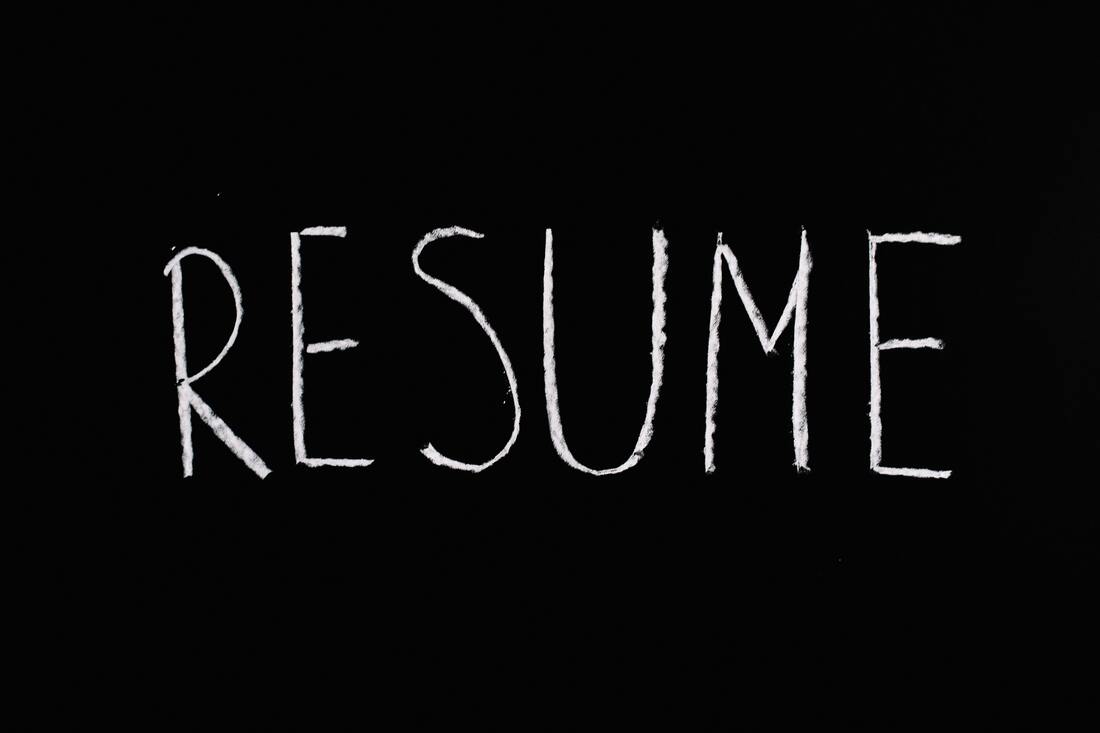|
In modern American English, we don’t use a lot of diacritical marks (e.g., é, ñ, or ü) in our daily writing and typing. For example, I had to dig through Word’s list of symbols to find the ones I’ve used so far because I don’t have the keyboard shortcuts memorized. Actually, the fact that they’re not a standard feature of most keyboards is telling. However, there are some words in the English language where the inclusion of diacritical marks is still recommended. One of the most common is résumé. Are the diacritical marks really necessary? As with most matters involving language, it depends. In this case, it depends on the dictionary and style guide you’re using, your personal preferences, the expectations of your intended readers, and your publisher’s expectations. For example, both Chicago style and Merriam-Webster prefer résumé, but AP style advises against the use of any diacritical or accent marks. And if you’re writing fiction or self-publishing, you might have more flexibility. There are some languages, like Spanish and German, where diacritical marks are not just common and expected but necessary for indicating the correct word. But if you’re like me, diacritical marks in English probably look unfamiliar and awkward, especially two acute marks in a single word. That’s just overkill, there. What are the alternatives? There are some people who drop the first acute mark but keep the second to distinguish resumé, the list of your work history and training, from resume, the verb meaning to begin something again after an interruption. We will resume the meeting after lunch. Please email your resumé to the hiring director. My preference is to follow AP style and just leave off the marks altogether. It’s just faster and easier to type that way, and since one is a noun and the other a verb, there are few instances where your meaning would get confused. It’s not like most of the other words in English don’t have two (or more) meanings. But alas, it’s seldom up to me, and as an editor, I’m usually more concerned with consistency and complying with whatever style I’m following at the time. The bottom line is that, when we’re writing, we have to take more than our own personal preferences into consideration, especially if we’re working with a publisher. So, weigh all the factors and choose the one that best serves your purposes, not just your sense of aesthetic. Rebecca Miller is a professional copyeditor and general fan of all things having to do with the written word and the English language. You can check out her website at Oakdale Editing or connect through Facebook, LinkedIn, Instagram, or Email.
0 Comments
Leave a Reply. |
AuthorRebecca has a passion for helping you fill the world with great literature and making sure said literature doesn't get passed over for the lack of a little editing. Archives
July 2022
Categories
All
|


 RSS Feed
RSS Feed
